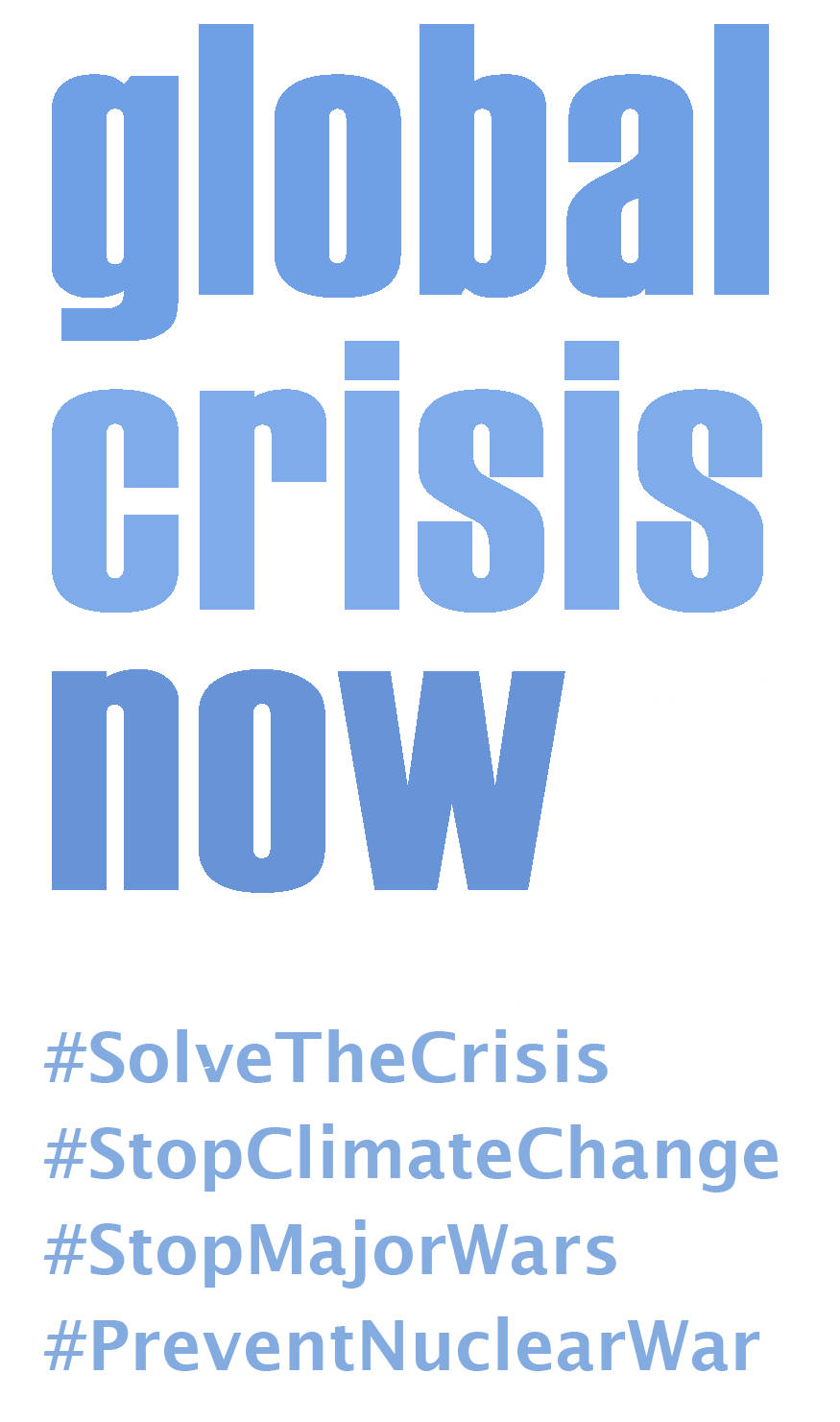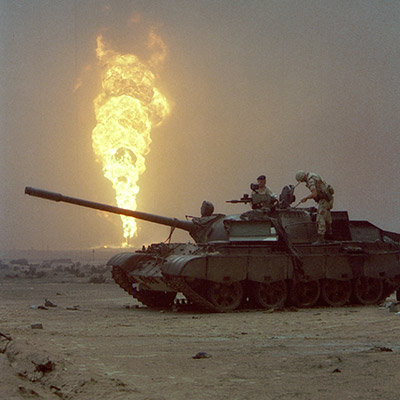The crisis in Darfur has been linked by many to climate change – and specifically to a drought which occurred there – which led to disruption and conflict – war – and death. A study published in the online journal Science, collected findings from 10,000 BCE to the present and “across all major world regions on the connection between climate change and human conflict”. Many types of human conflict were examined, ranging from “interpersonal violence and crime to intergroup violence and political instability and further to institutional breakdown and the collapse of civilizations”. The result of the study was that “Deviations from normal precipitation and mild temperatures systematically increase the risk of conflict, often substantially.” Drought, rainfall, too much or too little water will effect agriculture, poverty, and lead to tension and social unrest. Countries that share transboundary water may have conflicts if one or both does not have enough water. Climate-related disasters can lead to mass migrations, which can lead to conflict.
According to the 2014 Intergovernmental Panel on Climate Change (IPCC) report, there is a field of research that explores “the relationship between large–scale disruptions in climate and the collapse of past empires., using statistical analysis and date “derived from archaeological and other historical records”. The collapse of the Khmer empire in the Mekon basin in the early 15th century took place during an “unusually sever prolonged drought”. There is evidence, according to the IPCC, that suggests major changes in weather patterns “coincided with the collapse of several previously powerful civilization, including the Anasazi, the Akkadian, Classic Maya, Mochica, and Tiwanuku empires.
And “some studies show the “Little Ice Age in the mid 17th century was associated with more cases of political upheaval and warfare than in aany other period” including in Europe and the Ottoman Empire. These studies “all show that climate change can exacerbate major political changes given certain social conditions, including a predominance of subsistence producers, conflict over territory, and autocratic systems of government with limited power in peripheral regions.


